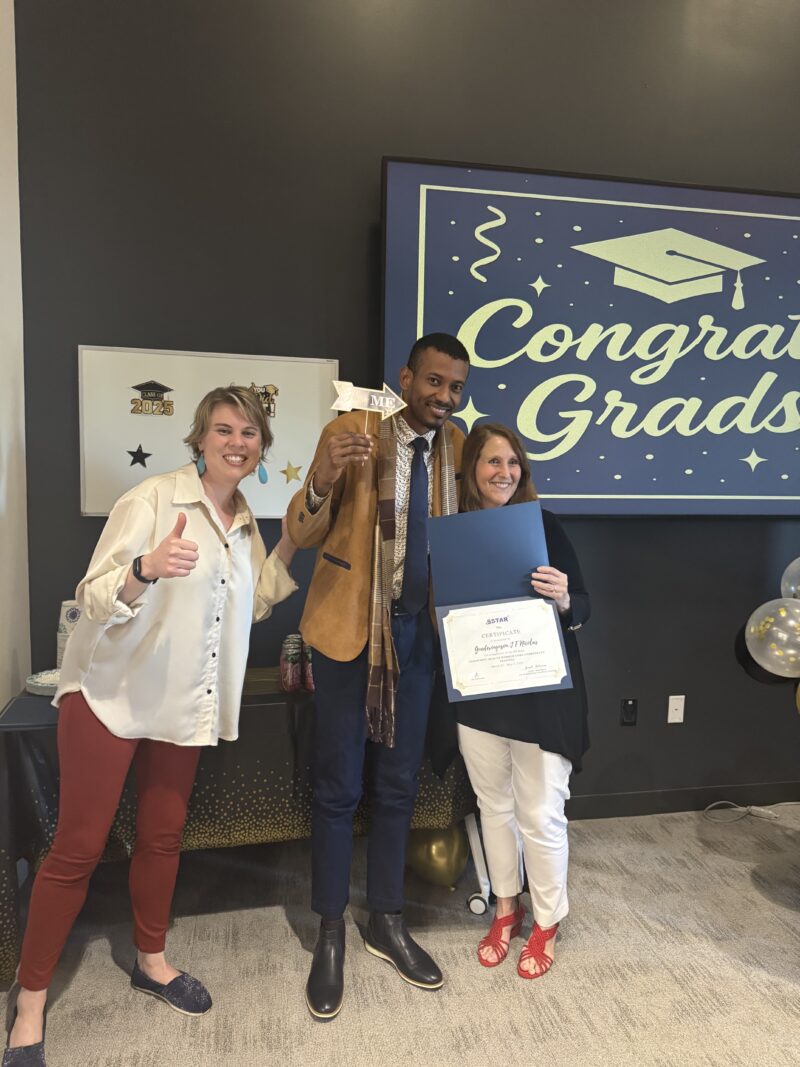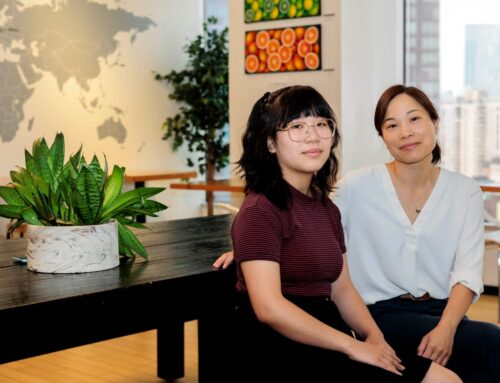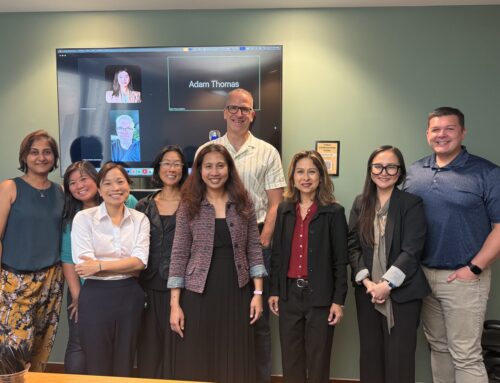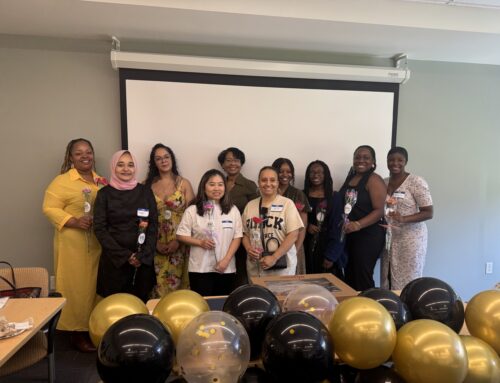 Community Health Workers (CHWs) are often the first line of support for families facing hardship. They help people navigate housing crises, access food resources, interpret medical systems, and cope with emotional distress. They do this while building trust that spans language, culture, and systems that often feel inaccessible.
Community Health Workers (CHWs) are often the first line of support for families facing hardship. They help people navigate housing crises, access food resources, interpret medical systems, and cope with emotional distress. They do this while building trust that spans language, culture, and systems that often feel inaccessible.
At Asian Women for Health, we’ve been listening to CHWs across Massachusetts who are doing this work every day. Through a recent project, we had the opportunity to sit down with many of them and hear their stories. What they shared was both inspiring and sobering.
Learning on the Job
Several CHWs described entering the field without clear training, learning instead through trial, error, and help from peers. “I didn’t really get a formal onboarding. I just started taking calls and tried to figure out how to help,” one CHW told us. That sentiment echoed across conversations with others who spoke about helping clients apply for public housing, navigate MassHealth, or de-escalate mental health crises – all while feeling like they were improvising.
The Emotional Weight
Beyond technical knowledge, CHWs emphasized how much emotional labor their work requires. Many talked about supporting clients who are isolated, grieving, or overwhelmed by trauma. “People just need someone to listen,” one CHW shared. “But when you’re the only person listening, it takes a toll.”
More Than Calories
Food insecurity came up repeatedly in our conversations – not just as a logistical issue, but as one deeply tied to cultural relevance and dignity. CHWs shared stories about clients receiving groceries they didn’t know how to prepare or weren’t comfortable eating. “It’s not just about calories. It’s about feeling seen and understood,” one participant reflected.
The Bigger Picture
What we learned through these conversations is that CHWs are doing far more than connecting people to services. They’re filling emotional, cultural, and systemic gaps with little recognition and even less support. Many are calling for more community-rooted training, clearer professional development pathways, and safe spaces to process the weight of their work.
Our Response
At AWFH, we’re working to respond to these needs. Our Community Health Worker Training Program has grown out of these exact conversations and is shaped by the voices of CHWs who understand what it takes to support their communities. We offer stipends, peer learning spaces, and practical tools, but we also know this is only one part of the larger work ahead.
We see this as a journey of listening and adapting. The goal isn’t perfection – it’s showing up with humility, centering lived experience, and creating something that honors what CHWs do every day.
If you’re someone who wants to step into this work, or if you know someone who might, we’re currently accepting applications for our Fall 2025 CHW Training Program. It’s one way we hope to walk alongside those who have already been walking alongside others.
Ready to make a difference? Apply for our Fall 2025 CHW Training Program here– applications are open now.




